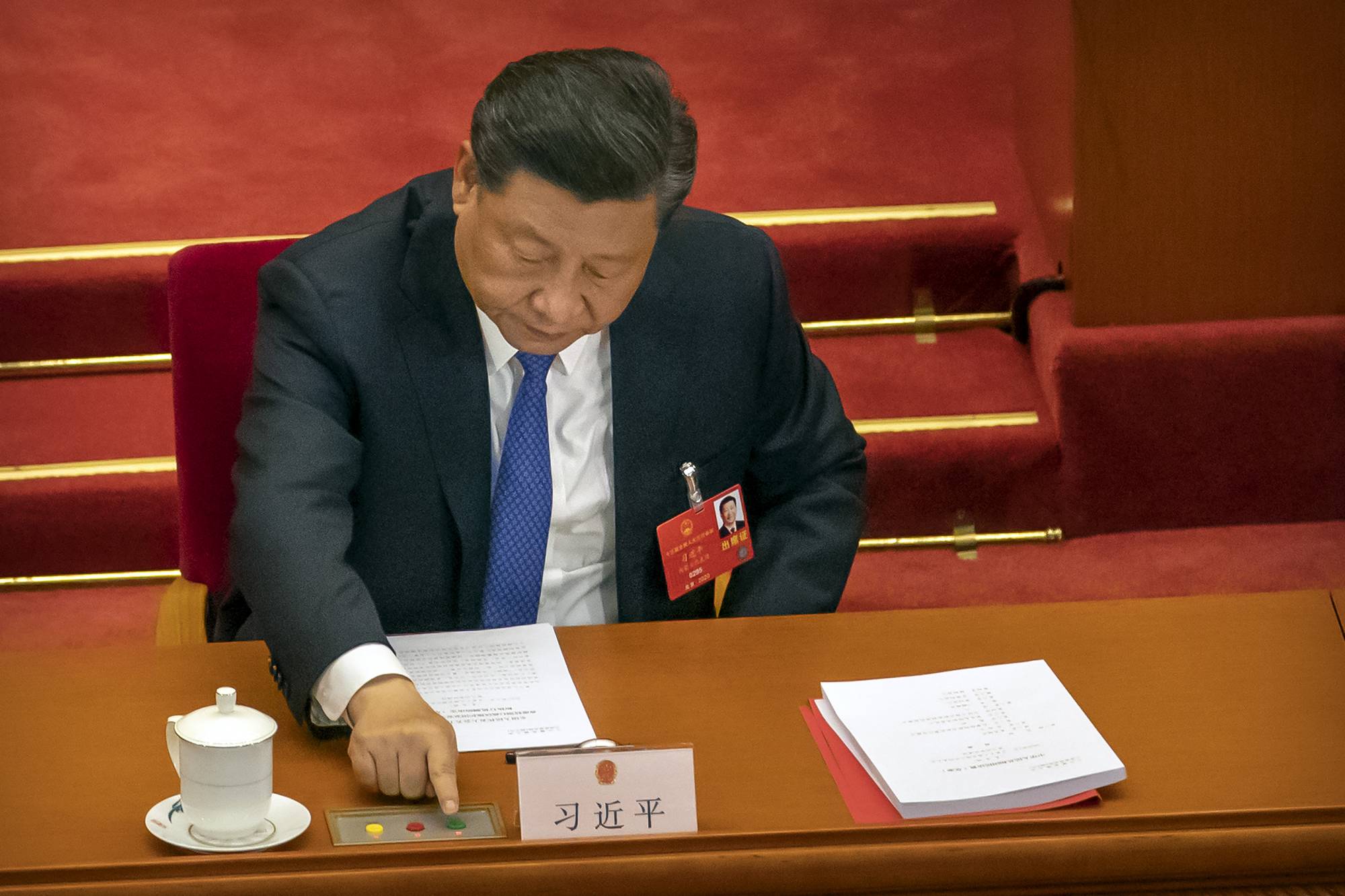Last week was among the most critical in Hong Kong’s history since the 1997 handover of the territory to the People’s Republic of China. On Thursday, the National People’s Congress (NPC), China’s top legislature, approved a draft decision to pursue enacting new national security legislation by a vote of 2,878-1, at its annual session in Beijing, with six abstentions. Over the past few days, there have been a spate of demonstrations and crackdowns in the city amid concerns that the new legislation would be the end of Hong Kong’s autonomy.
The law, which is likely to be enacted by late August, comes in the wake of a tumultuous year of protests in the city. It will reportedly ban activities deemed as “treason, secession, sedition and subversion.” Under Article 4 of the draft law, Beijing will be able to set up agencies in Hong Kong under the guise of national security. It also appears that law itself does not necessarily have to be debated by Hong Kong’s legislators and can be placed under an annex of the Basic Law, the mini constitution that promises wide-ranging autonomy to Hong Kong and protects rights such as freedom of assembly and freedom of speech.
Hong Kong’s stock market, which has suffered a volatile week, continued to trade in the red on Thursday. Prior to the NPC announcement, U.S. Secretary of State Mike Pompeo formally intimated to the Congress that Hong Kong was “no longer autonomous from China,” marking the beginning of a fundamental change in Washington’s approach to the territory.

















With your current subscription plan you can comment on stories. However, before writing your first comment, please create a display name in the Profile section of your subscriber account page.